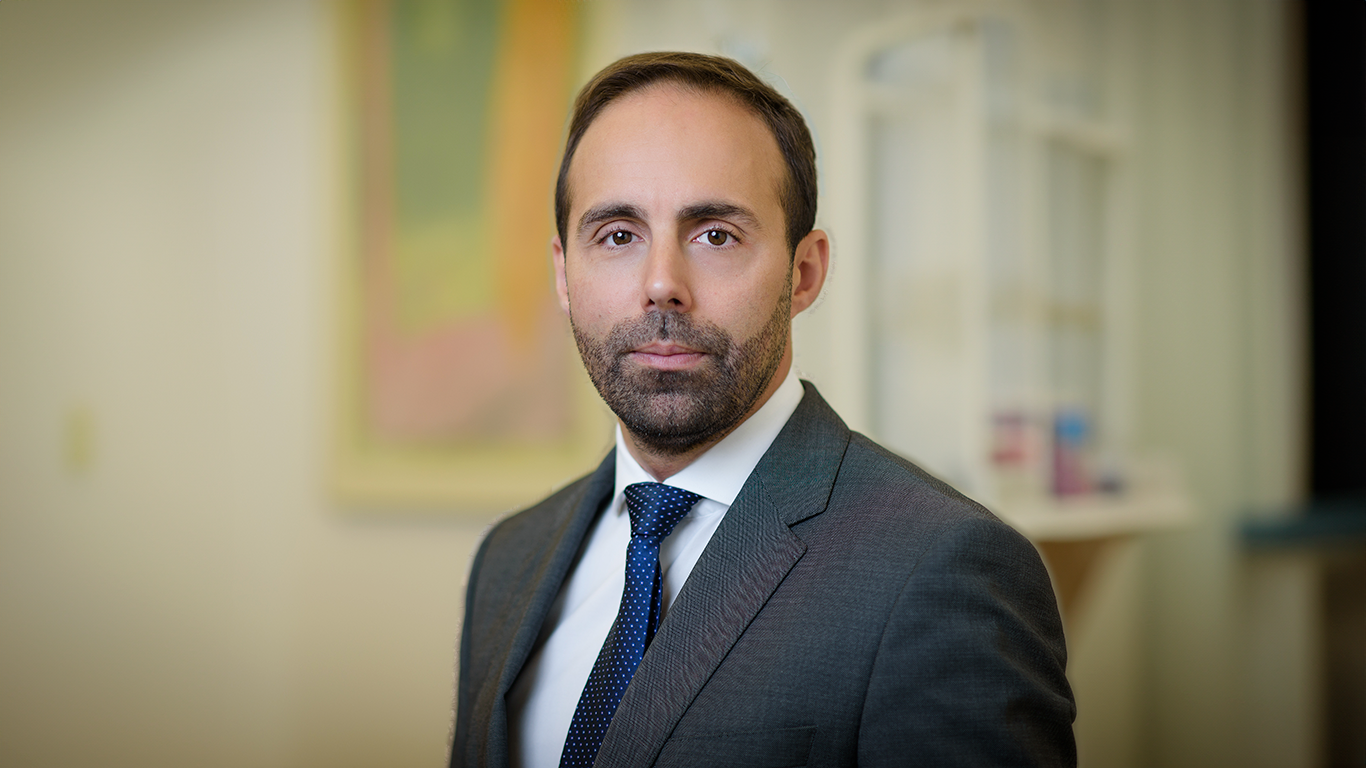International legislation and local regulations in Romania
For almost 30 years, the “Eastern Block” has been busy transitioning to a ‘market economy’. For some countries, such as Romania, this has been a radical proposition, not least because the starting point was very much to the very left of the spectrum of socialist economies, with very little to no private business activity and private ownership scaled back to the bare minimum. It was an exciting journey dominated by a turbulent mix of regulation and de-regulation, each with its own success stories and cautionary tales.
It was also a very interesting period for “legislative transplant”, be it with respect to rule of law institutions or human rights, business organisations or governance, taxation or competition law. Also, interestingly, there was an unprecedent shift to a mix of local-and-international order. A plethora of Bilateral Investment Treaties (BITs) and multilateral agreements, European Court of Human Rights (ECtHR) precedents and EU “acquis”, all place Romania now firmly on a “dual” foundation of locally-crafted, as well as internationally-designed, regulation impacting businesses in all sectors and walks of life.
This has put pressure on the legal community to think outside and beyond the narrow confines of traditionally local regulation, to start internalising general concepts of EU law, of international public order and human rights and to learn new habits and practices of international dispute resolution.
How can Bucharest become a legal hub for the region?
Romania is increasingly a hub destination for investments in the region, with a maturing managerial class and commercial acumen growing over time and not least with a strong and vibrant legal profession.
One key to growth is legislative stability and this continues to be a challenge, although the pace of legislative change is dampening. According to one survey, the number of laws adopted in Romania (and the CEE region) exploded in the early ‘00s and stabilised at a fairly high rate ever since.
To deal with this, the justice system must come and balance the change with professional and predictable dispute resolution avenues.
Recently, Bucharest has seen increasing interest and development in international arbitration which may prove to be momentous for its development in the coming years. In a recent development, Bucharest International Arbitration Court (www.bucharestarbitration.org) has become the most prominent addition to the international arbitration scene in CEE and is sure to provide a healthy alternative to both regular commercial courts and existing arbitration venues.
This is an example of change forging ahead by example more than top-down regulation and we hope it will provide a benchmark for how modern disputes can be managed fairly, professionally and in a cost-effective manner.
In terms of top-down regulation, what states can do to promote arbitration is to a certain extent “get out of the way” or avoid micro-managing procedures through arbitration laws, all the while providing a “safety net” to participants in terms of ultimate control over ethical issues and due process.
What challenges do you face during international arbitration?
International arbitration worldwide is booming and this is indisputably a good thing. As growth continues, so are concerns with ethics, costs and case management. In my view, an arbitration scheme is as good as the arbitrators it fosters, and, in particular, it depends a lot on their ability to manage parties’ conduct.
Modern international arbitration owes a lot to civil procedure in big common law jurisdictions, such as New York or England. This gives common law lawyers an edge, which reflects in the relative share of common law lawyers’ appointments in Europe. Increasingly, dual qualification or experience with dealing with continental law in a modern “common-law” fashion, has become, rightfully, in high demand. As much as common law lawyers may be naturally conversant with the language of international arbitration, many disputes in Europe hinge on a sophisticated grasp of continental systems. The best arbitrators I encountered knew their way around both common law and continental institutions.
How does a lawyer keep a business-like mindset?
Thinking from a business perspective is a professional necessity for lawyers. There are of course purely academic or research lawyers out there that play a major role in the development of the law, but, for professionals, knowing the business is half of the job.
How do you keep your eye on the business while scanning arcane precedent and dense statute? You should of course stay informed, read the “pink pages” of the morning newspaper. But what I always advise younger lawyers is to use a simple rule-of-thumb and ask themselves: “Would I, with my parents’ pension money, invest based on my own advice?” In other words, to remind yourself at every step that people do act and take risks based on what you do as a lawyer, and the work is not just a matter of pleasing your supervising attorney. Thinking about the business should inform everything you deliver.
Ideally, regulation should also be solidly anchored in how business is likely to react to it. It is pointless to introduce rules that no one will follow or understands, just as it defeats the purpose to propose rules that generate the exact opposite of the political aims. I suppose that what regulators should always ask themselves is: “If I were a bank, an insurer, a business, and had to act on this rule, would I engage the Compliance Department or hire 15 lawyers to help me avoid it?”
What do international businesses think about “corporate” Romania?
Many multinationals now have extensive experience with Romania, its rules and practices. Mid-market players are more in need of assistance and are understandably cautious in navigating a new market. In our experience, it is good to obtain ample legal and regulatory guidance on entering the market, not least so that one can avoid misunderstandings or false hopes. If the peculiarities are known, they become clear cost items, which is something businesses know how to handle well.
There is also a common narrative about corruption and we found it has mixed effects on foreign businesses; serious multinationals are naturally apprehensive about it, perhaps overreacting to non-existent dangers, while more speculative investors would sometimes count on a “fixing” culture that is overhyped.
In reality, Romania is a just another EU country, with lots of opportunity that is best accessed with solid legal and regulatory support. In a sense, it is not unlike Italy or some of the other newer EU members, except that there is more room for growth.
On a slightly different note, you think that cognitive psychology will change this century in deep and interesting ways; can you expand on this? Moreover, do you think this way of thinking will impact the legal sector, and if so, how?
“Cognitive psychology” is a name given to a new and more realistic and disabused attitude to the life of the mind and is not so much radically different from classic academic psychology, as it is more focused on certain avenues of investigation. It is also intensely open to other disciplines, such as artificial intelligence, social psychology, behavioural economics, neuroeconomics and neuroscience in general. It is now percolating into general culture and I expect that within our generation most people will be using fluently the new language of how the mind “computes attitudes,” or “encodes” social knowledge, or how a “heuristic” might make “evolutionary” or “ecological” sense, and so on, eventually replacing Freudian psychology which dominated 20th century’s take on how the mind works.
Will it impact lawyers? Of course. If the legal practice is about something, it must be about people. A very visible contribution to the sector was by way of recent advances in artificial intelligence, which benefited greatly from a more realistic understanding of the biological mind. Today, we already have a lawyer-robot hired by a law firm and machines that plough through disclosures and due diligence at a pace which would make human alternatives prohibitively expensive. This is due largely to our progress in understanding of psychology.
But there are other areas as well. Cognitive psychology offers new insights in human motivation, which may impact the way law firms strive to attract and especially retain talented lawyers. We learn every day more about how people develop alliances, how they assign value and how they perceive loss. All this will eventually inform the way we develop argument in court or conduct negotiations, as well as the way we set up our own organisations.
Bureaucracies are slower in adopting such changes, but regulators will eventually become more adept at recognising the hard realities of human behaviour. Already back in the ‘90s, the “broken windows” theory of criminality has become common place in the US and “nudging” has recently become a respectable way of thinking about “light-touch” regulation. Either way, it would benefit regulators to be at the forefront of psychological understanding and, I dare say, promoting it would be the morally responsible thing to do for politicians.
Adrian Iordache
| Managing Partner
21 Calea Mosilor, 4th floor Bucharest 030141 Romania T: +40.374.616.161 | +40.374.069.069 F: +40.374.676.767 |
Adrian Iordache proudly runs the firm as Managing Partner. Adrian is an international lawyer with particular interests in business law, commercial disputes and international arbitration, as well as aviation law. Adrian is widely recognized as a pragmatic, business-first attorney, with a deep knowledge of both the international environment and local complexities. In his spare time, Adrian is absolutely convinced that cognitive psychology will change this century in deep and interesting ways.
Iordache Partners is a no-nonsense, project-comes-first approach to legal services. The way they see it is that lawyers are partners, conversing fluently in the language of business, adopting entirely the project for which they provide support.
Your ideas keep the world in motion and their job is to make sure that nothing stands in your way. It’s that simple. So they root for new business, support good ideas and promote intelligent choices.





















